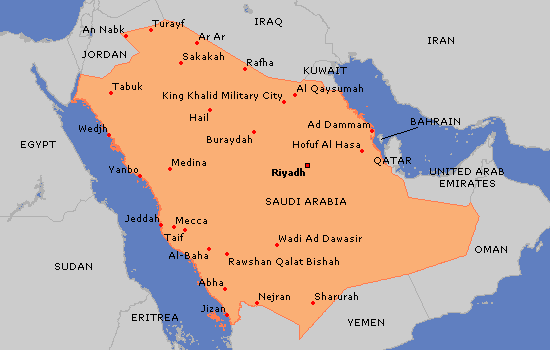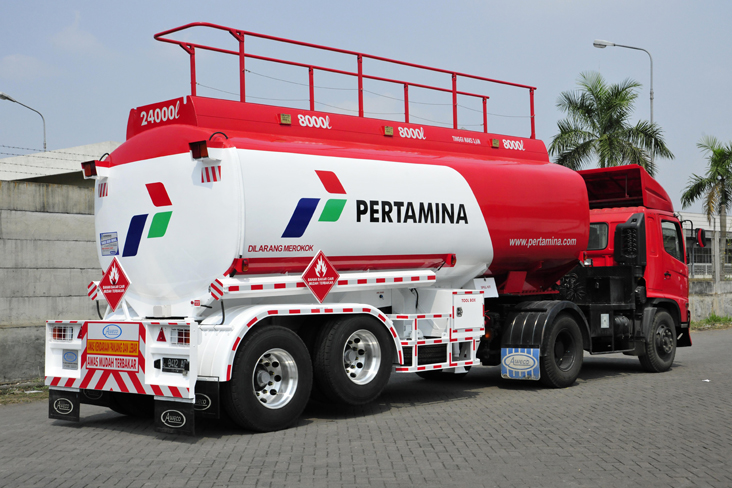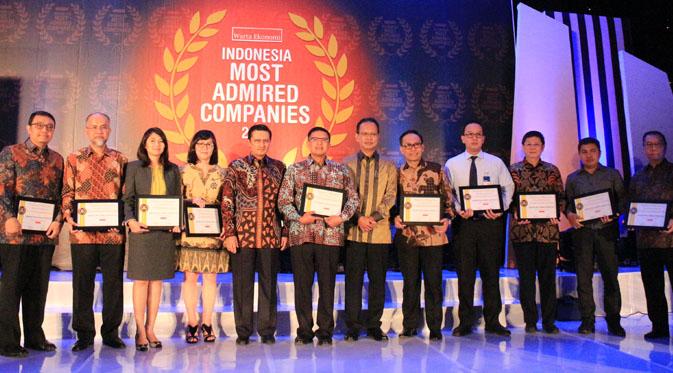Saudi Arabia will build a maritime complex on its east coast, with shipbuilding capability, to provide sufficient capacity for exporting oil, Energy Minister Khalid Al-Falih said Sunday.
The country, the world’s largest oil-producing nation, eventually will have a shipping fleet that will match its oil capabilities, Al-Falih said in Riyadh. Saudi Arabian Oil Co., or Aramco, will need more tankers to meet global demand, he told reporters.
Oil prices have rebounded more than 70 percent from the 12-year low reached earlier this year as a Saudi Arabian-led OPEC strategy to pressure rivals with lower prices slowly eliminates a surplus in global supply. Al-Falih told the Houston Chronicle newspaper in June that the glut was over, an assessment shared by the International Energy Agency, which said on June 14 that the crude market will be balanced in the second half of 2016.
Crude oil will rise to a range of $50 to $60 a barrel until at least 2018 as demand rises, Kuwait’s acting oil minister Anas Al-Saleh said last week.
Saudi Arabia, along with the United Arab Emirates and Kuwait, is expanding its energy industry, driving investments in the region to $900 billion over the next five years, Apicorp said on April 12.
Arab Petroleum Investment Corp., a multilateral energy-finance lender based in Dammam, Saudi Arabia, and National Shipping Co. of Saudi Arabia plan to buy as many as 15 oil tankers via a new $1.5 billion fund. Apicorp, as the lender is known, will own 85 percent of the fund and National Shipping the rest. Investments will be allocated in $500 million increments, National Shipping said Sunday in a statement to Saudi Arabia’s stock market.
Apicorp plans to issue Islamic bonds to diversify its portfolio, which is mainly in petrochemicals. The lender has set up funds to focus on renewable energy projects and on transportation and shipping.
Eksplorasi | Bloomberg







